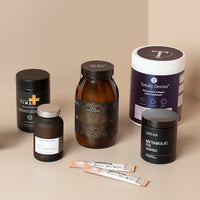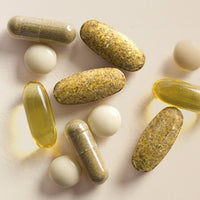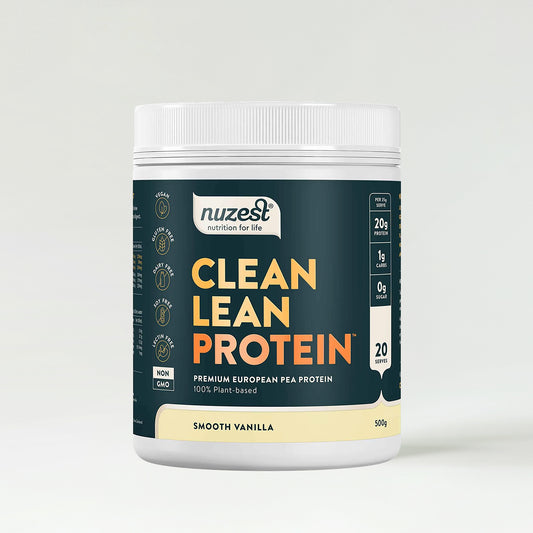This Veganuary, W-Wellness nutritionist Belle Amatt shares some researched insights into how plant-based eating can contribute to your longevity.
An unrefined, whole-food plant-based diet, research indicates, can be the foundation of wellness as we age and is a key element, alongside sound sleep, exercise and community when seeking optimal health into our later years.
The comprehensive Global Burden of Disease Report which examined the health effects of dietary risks in 195 countries (1990–2017) found that diets lacking in fruit, vegetable, and whole grains but abundant in red and processed meats are currently among the main global risk factors for chronic disease.
Health-promoting diets filled with nutrient-dense, fibre-protective whole plant foods have been shown to reduce the risk of metabolic syndrome and type 2 diabetes by about one-half. Additionally, the risk of coronary heart disease events may be reduced by an estimated 40% and the risk of cerebral vascular disease events by 29% among populations consuming a plant-based diet. (https://lnkd.in/efkm96ym)
It is important to note that it is not only an increased consumption of unrefined plant foods which enhances wellness, but also a decreased consumption of animal and highly processed foods seem to contribute.
So, let’s explore three modifiable dietary areas which enhance our own wellness as we age..
1. Flavonoids - As dementia is now the fastest-growing epidemic in developed nations it is interesting to note the protective effect of these plant-based compounds. A daily 1/2 cup of foods high in flavones and anthocyanins such as berries and dark leafy green vegetables, may lower risk of cognitive decline by as much as 20%, according to one study. (https://lnkd.in/dSP2iPU)
2. Polyphenols - Another subset of plant phytonutrients which offer promising anti-inflammatory effects. A well-known member of the group is resveratrol found in red grapes and dark coloured berries. This is a naturally occurring polyphenol that has been found to exert antioxidant, anti-inflammatory, and neuroprotective properties. (https://lnkd.in/eZJkGXpN)
3. Fibre - A systemic review (https://lnkd.in/eAmsuTqf) which investigated the association between dietary fibre intake and mortality from all-cause, cardiovascular disease (CVD), and cancer revealed positive results for dietary fibre. Including an abundance of whole grains, cereals, vegetables, nuts and seeds have positive effects on the gut microbiome, digestive, and metabolic disease.
References:
Yeh TS, Yuan C, Ascherio A, Rosner B, Willett W, Blacker D.
Long-term Dietary Flavonoid Intake and Subjective Cogniti













